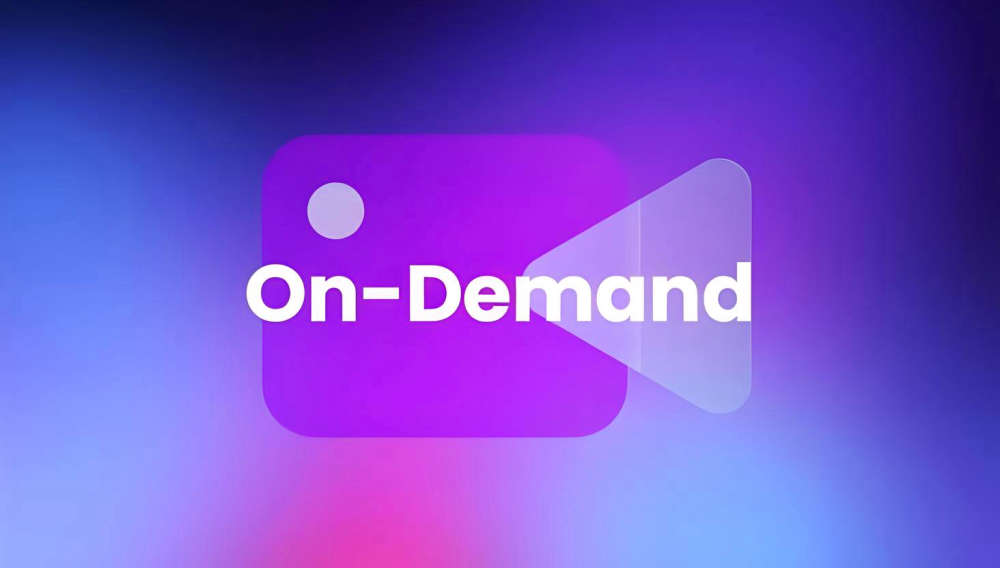
To Queenslander Adam Kertesz, landing a job has started to feel like winning the lottery, especially when you're up against thousands of applicants for some positions.
Exclusive: To Queenslander Adam Kertesz, landing a job has started to feel like winning the lottery, especially when you're up against thousands of applicants for some positions.
For the past 18 months, Kertesz says he has applied for more than 300 jobs - many of them entry-level - without success.
Kertesz, 31, has experience in the hospitality industry, having worked in a five-star hotel in London and at the Gabba cricket ground in Brisbane.
READ MORE: Jobseeker claims he was rejected by Woolworths after two AI interviews

He holds a Bachelor of International Relations and Public Policy from the University of Queensland and a TAFE Diploma of Travel and Tourism Management.
He is also about to graduate with a TAFE Diploma in Travel and Tourism.
Yet even these qualifications have not been enough to secure him a job, Kertesz told 9news.com.au.
"It's absolutely ridiculous and it's scary," he said.
"I'm a week away from finishing a diploma of travel and tourism and I'm looking for any employment that is available."
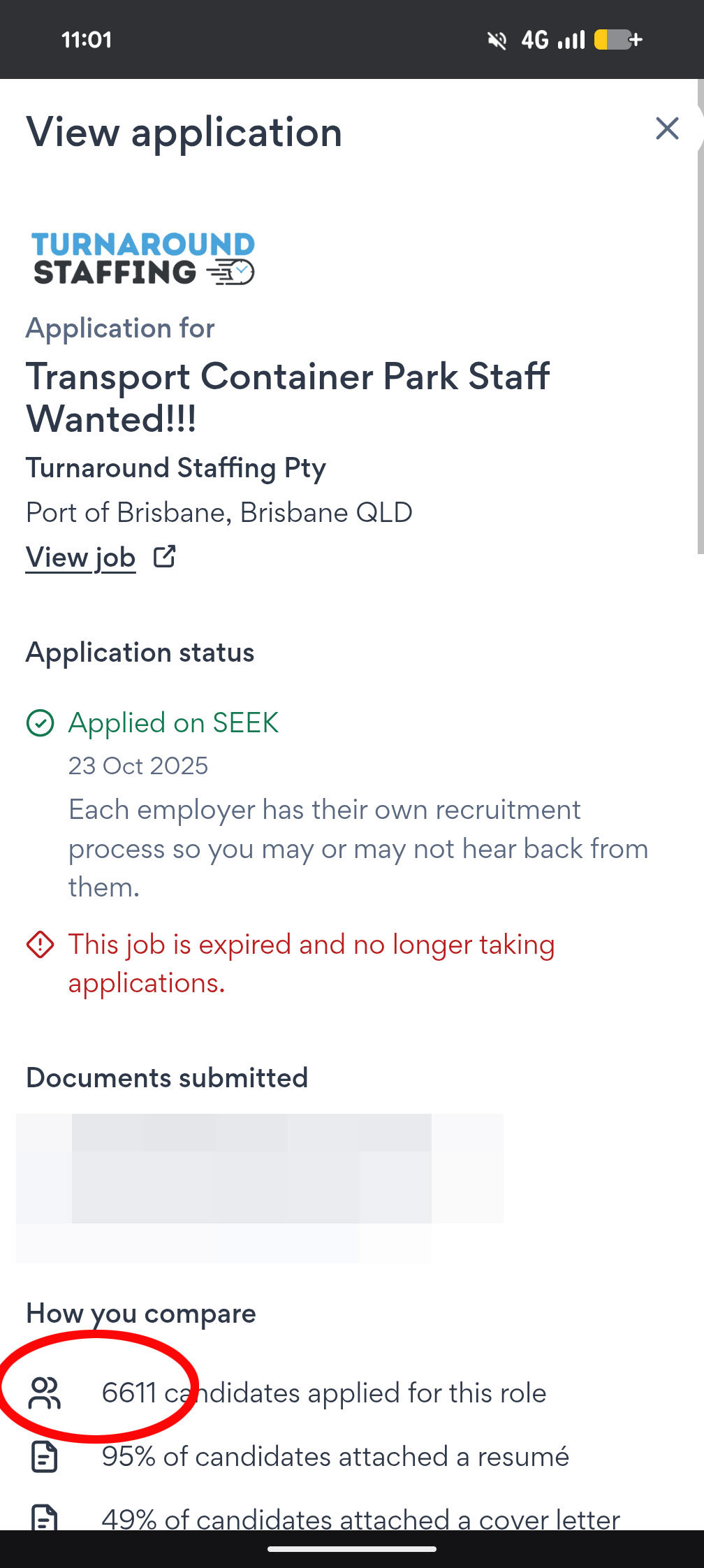
Kertesz said the hospitality jobs he was applying for regularly had hundreds of applicants, and entry-level jobs, which appealed to a broad range of people from different backgrounds, often got thousands of applications.
Last month, Kertesz applied for a casual job with the Port of Brisbane, unloading containers at $38 per hour, with no experience necessary.
He said he was dismayed when he saw the number of people who had applied - 6600.
"When you don't have any money to your name, all you want to do is work," he said.
"But how are you going to get a job when there are thousands of people ahead of you?"
Having spent several years teaching English overseas, Kertesz returned to Australia in 2023 and said he had been applying steadily for jobs ever since.
However, he never expected it to be so hard.
"The government say they've created jobs, and they probably have. But they don't understand how hard it is to obtain employment in Australia," he said.
"It's very, very difficult - it's become like winning the lottery."
Kertesz said he was often being told he did not have enough experience for a job, or he was too old.
"I've applied for well over 300 jobs (online). I've gone out and pounded the pavement, and I'm getting told you need experience, or they want younger people," he said.
Kertesz said he had also applied for jobs at Woolworths and Aldi supermarkets.
He recently had a job interview with Woolworths, which was conducted by an AI bot, a trend previously reported on by nine.com.au.
His application was unsuccessful.
"Some companies give you a first interview, but the interview is with a robot," he said.
"It's absolutely ridiculous. How can a robot determine if you'll be good at the job or not?"
Aside from the Woolworths AI interview, he had only received one other offer of an interview during his current job search, Kertesz said.
"I dressed up and everything for the interview, and I got to the building about 20 minutes early, and then they called me, saying that they are sorry, they had changed their minds and already filled the position."
Unemployed out of work for longer, report finds
Kertesz's experience comes as a new report was released from Anglicare yesterday, highlighting the grim reality jobseekers face while searching for entry-level positions which are disappearing.
Anglicare Australia's Jobs Availability Snapshot 2025 found that the chances of job seekers finding entry-level work were so low that "even the most determined will be left behind".
The report compared the number of people receiving JobSeeker payments with the number of entry-level positions advertised in August this year.
It found that for every entry-level vacancy, there were 39 job seekers, up from last year's figure of 35.
Chambers said the findings show the need for urgent reform to the welfare system.
"All of this shows that people are being failed by a system that treats unemployment as a personal fault instead of a policy failure," she said.
"Taxpayers are spending billions of dollars on private employment providers whose business model depends on compliance and punishment.
"They profit whether or not people find work.
"Meanwhile, people are stuck in endless appointments and meaningless activities — all while competing for jobs that simply aren't there."
This month, Australia's unemployment rate was sitting at 4.3 per cent in October, according to the Australian Bureau of Statistics.
That figure is down from 4.5 per cent in September.
Australia's unemployment rate hit a record low of 3.2 per cent in October 2022 and has been slowly climbing since then.
Do you have a story? Contact reporter Emily McPherson at EMcPherson@nine.com.au
 Woman jailed over murder of Australian surf brothers
Woman jailed over murder of Australian surf brothers
 Coroner to report on 'terrorist' slaying of young police officers at Wieambilla
Coroner to report on 'terrorist' slaying of young police officers at Wieambilla
 US-Russia peace plan for Ukraine includes big concessions from Kyiv
US-Russia peace plan for Ukraine includes big concessions from Kyiv
 'I'm ready': NSW Liberals elect first-term MP Kellie Sloane as new leader
'I'm ready': NSW Liberals elect first-term MP Kellie Sloane as new leader
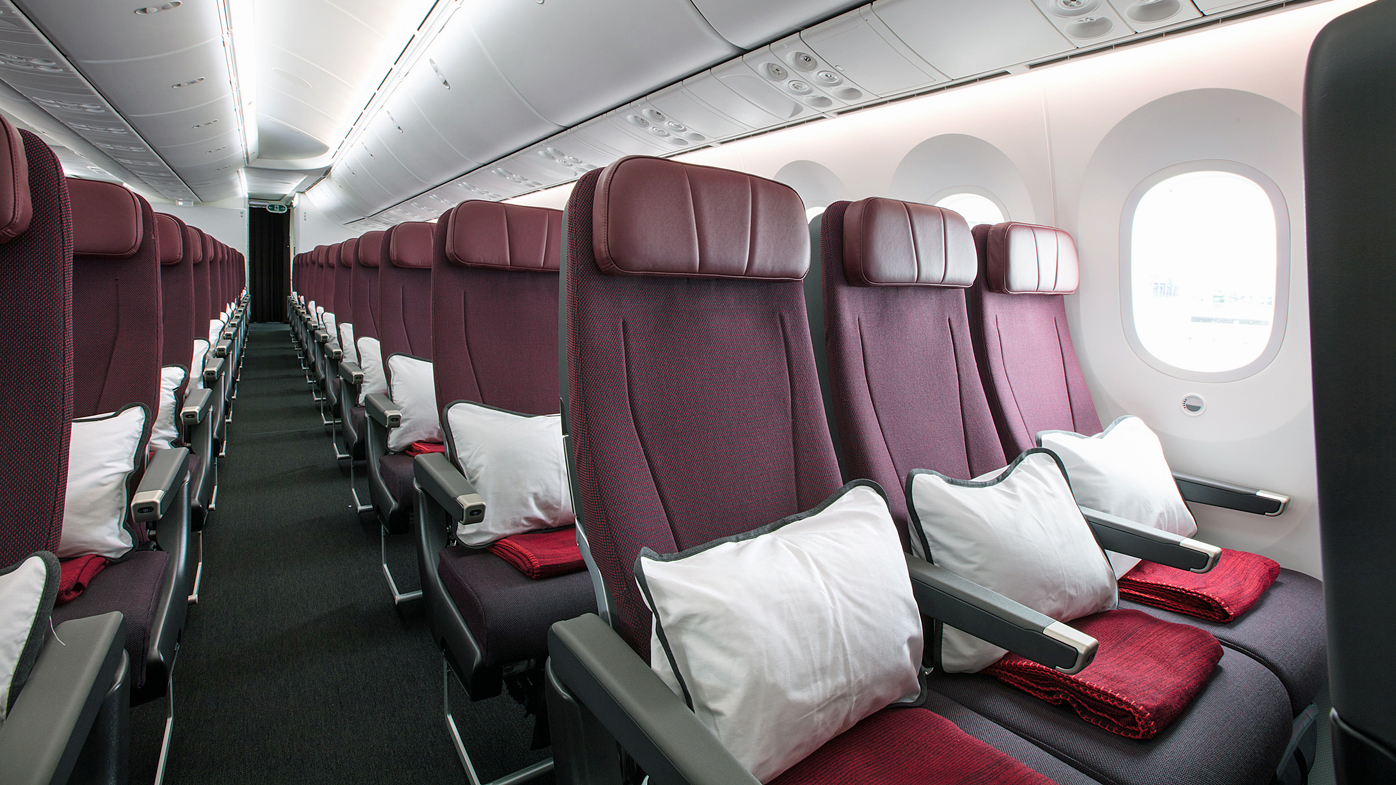 Qantas and Virgin Australia to ban use of power banks on flights
Qantas and Virgin Australia to ban use of power banks on flights
 Fire erupts at COP30 climate conference in Brazil
Fire erupts at COP30 climate conference in Brazil
 Convenience store worker allegedly stabbed during robbery
Convenience store worker allegedly stabbed during robbery
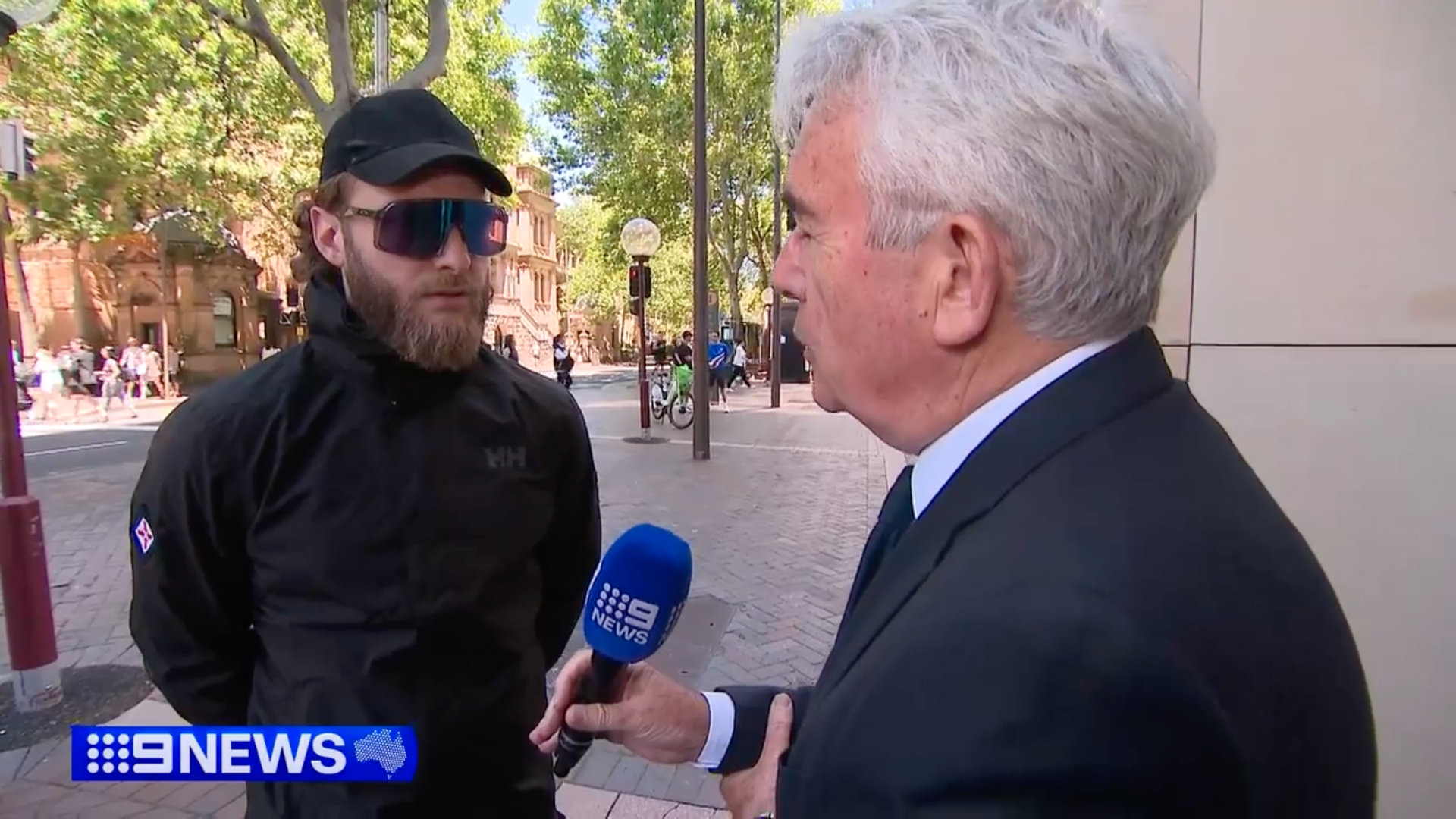 Prominent neo-Nazi charged over alleged online harassment of federal MP
Prominent neo-Nazi charged over alleged online harassment of federal MP
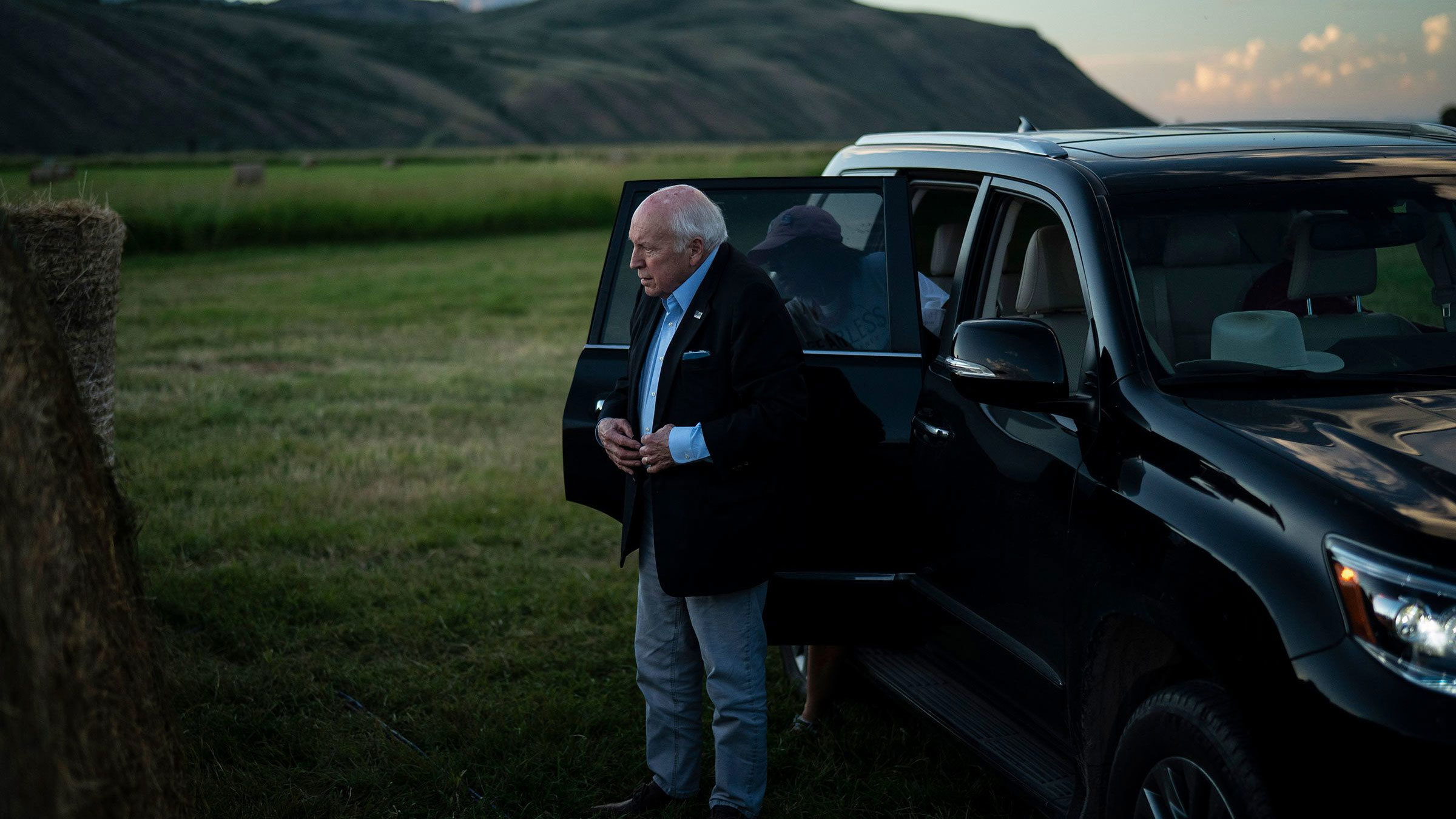 Former presidents honour Dick Cheney, while Trump, Vance snubbed
Former presidents honour Dick Cheney, while Trump, Vance snubbed
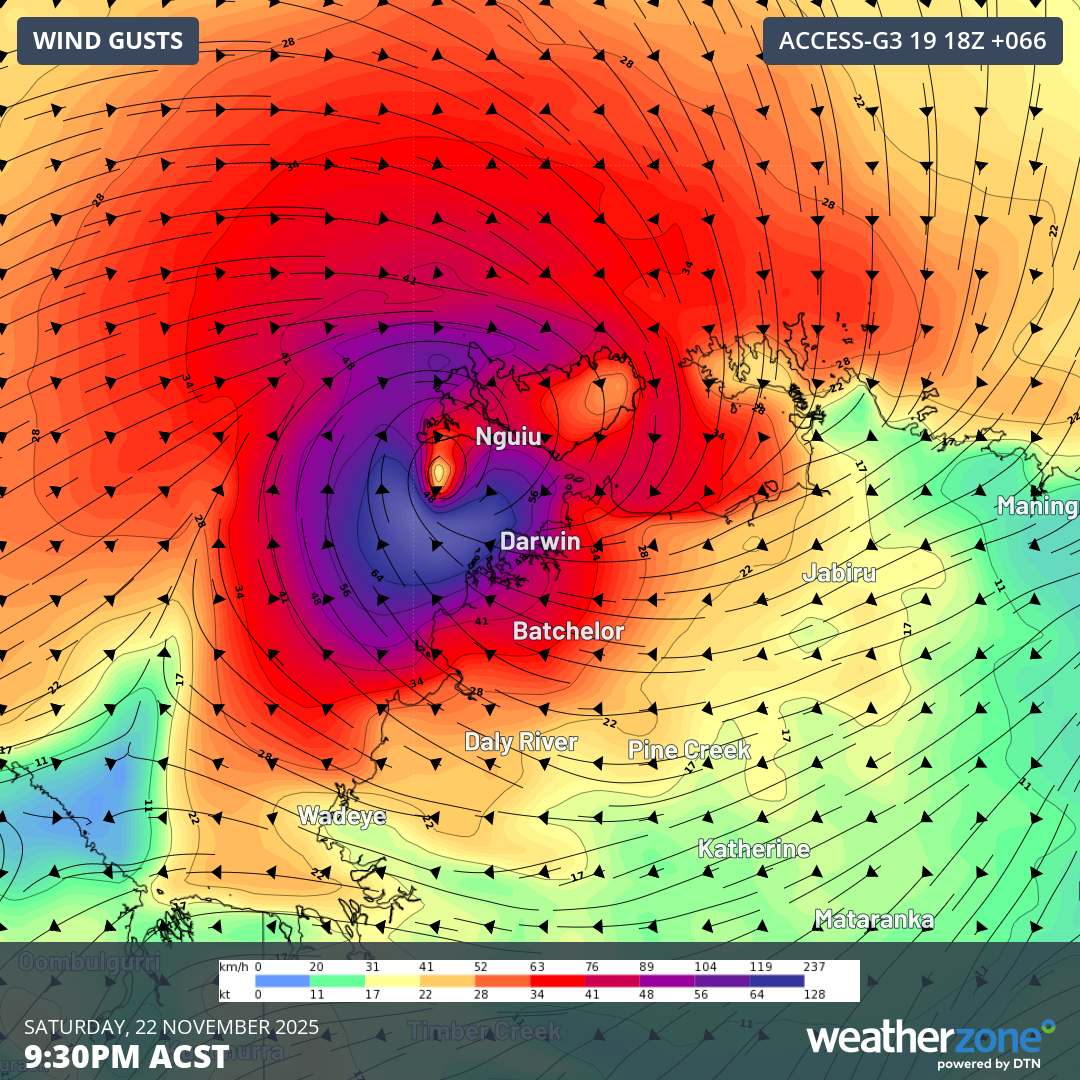 Weakened cyclone to 'reintensify' before crashing into NT
Weakened cyclone to 'reintensify' before crashing into NT
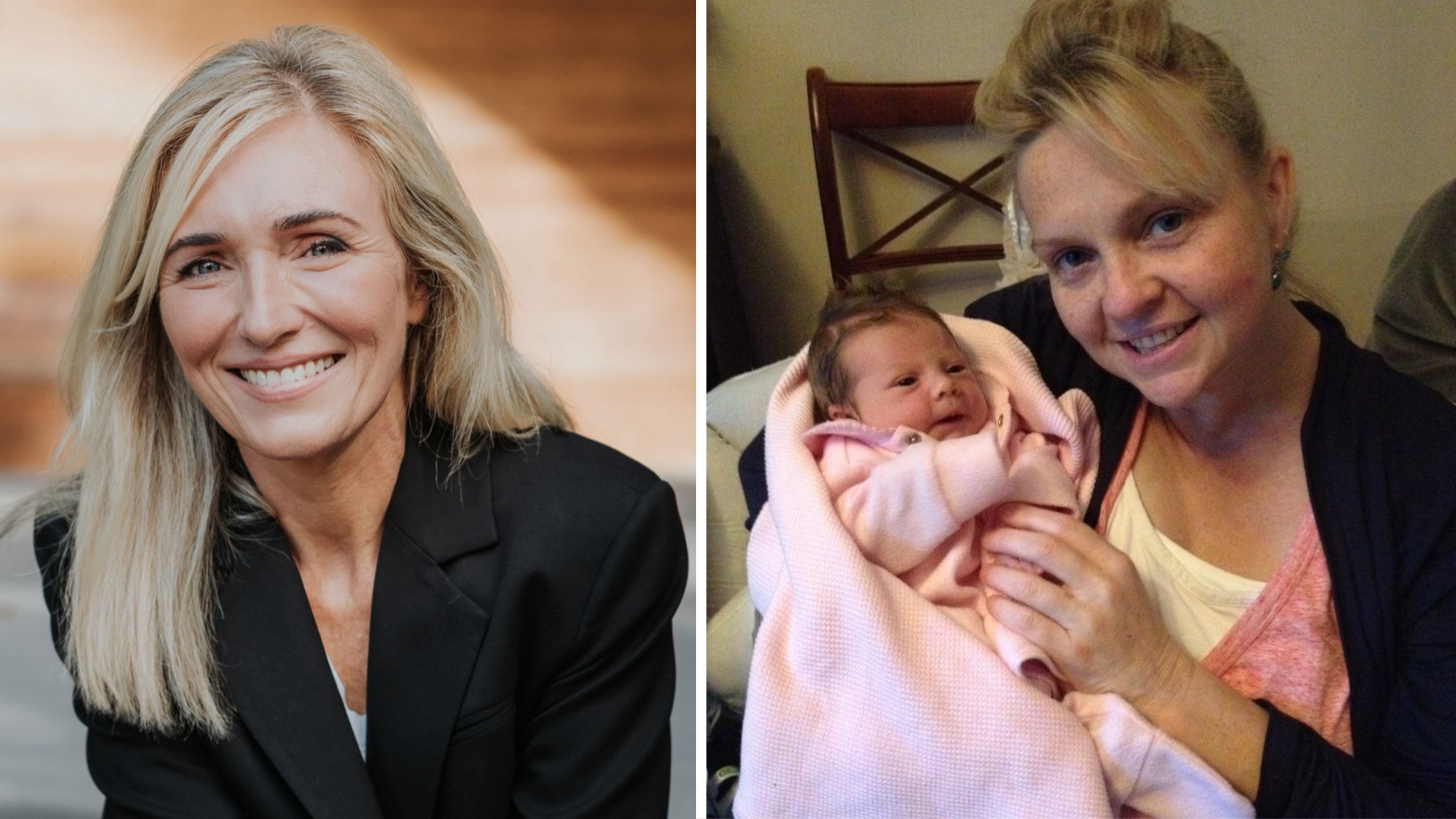 Liz and Julie didn't plan on giving birth in their late 40s. They say it made them better mums
Liz and Julie didn't plan on giving birth in their late 40s. They say it made them better mums
 Brief reprieve before Cyclone Fina strengthens, heads towards NT coast
Brief reprieve before Cyclone Fina strengthens, heads towards NT coast
 Major discovery proves gigantic sharks roamed Australia's coastlines
Major discovery proves gigantic sharks roamed Australia's coastlines
 Close-up pictures show interstellar comet zipping past Mars
Close-up pictures show interstellar comet zipping past Mars
 Highly infectious, deadly disease 'likely circulating' in Sydney
Highly infectious, deadly disease 'likely circulating' in Sydney
 Aussies are being forced to accept jobs with no clue what they'll be paid
Aussies are being forced to accept jobs with no clue what they'll be paid
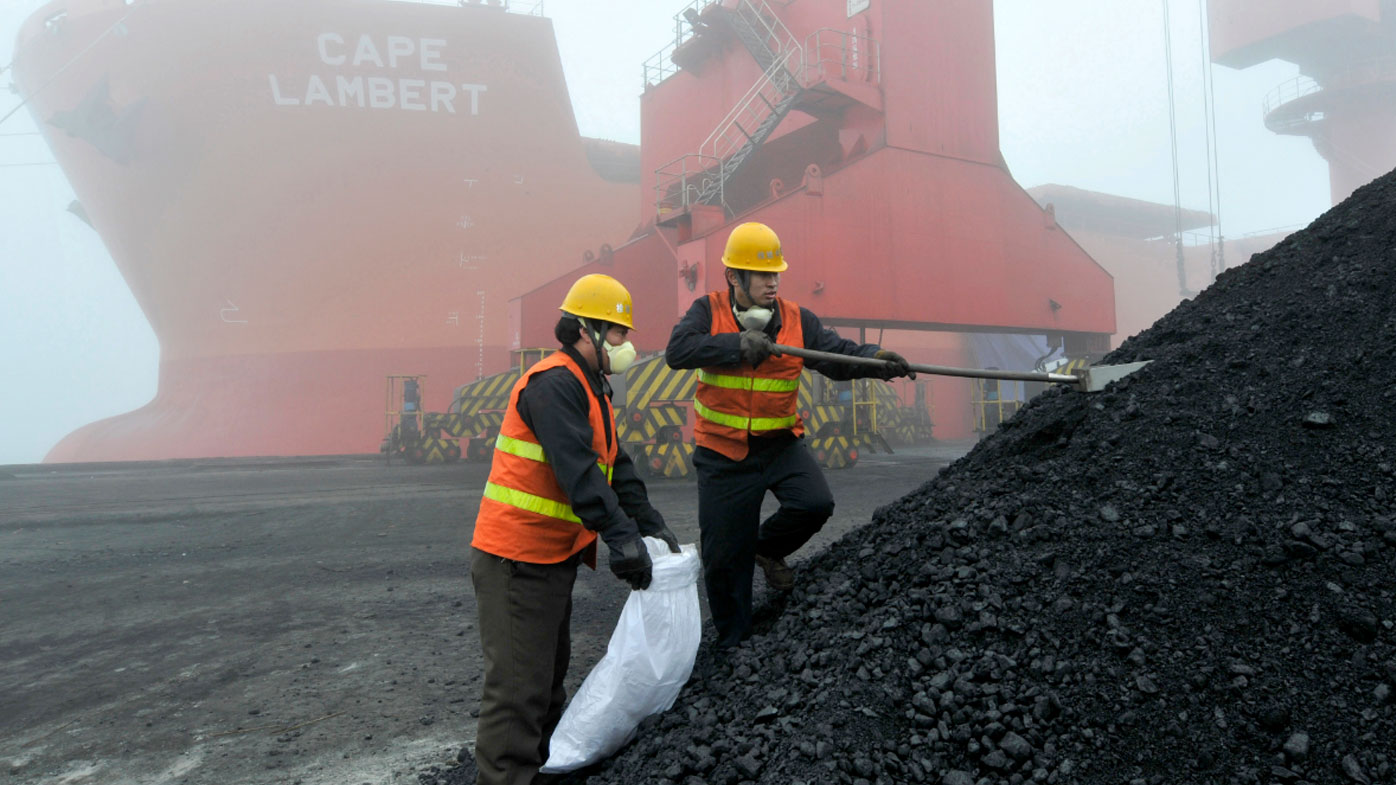 One of Australia's biggest customers ditches our biggest export
One of Australia's biggest customers ditches our biggest export
 'Asbestos of the 21st century': Calls to ban chemical Aussies are exposed to every day
'Asbestos of the 21st century': Calls to ban chemical Aussies are exposed to every day
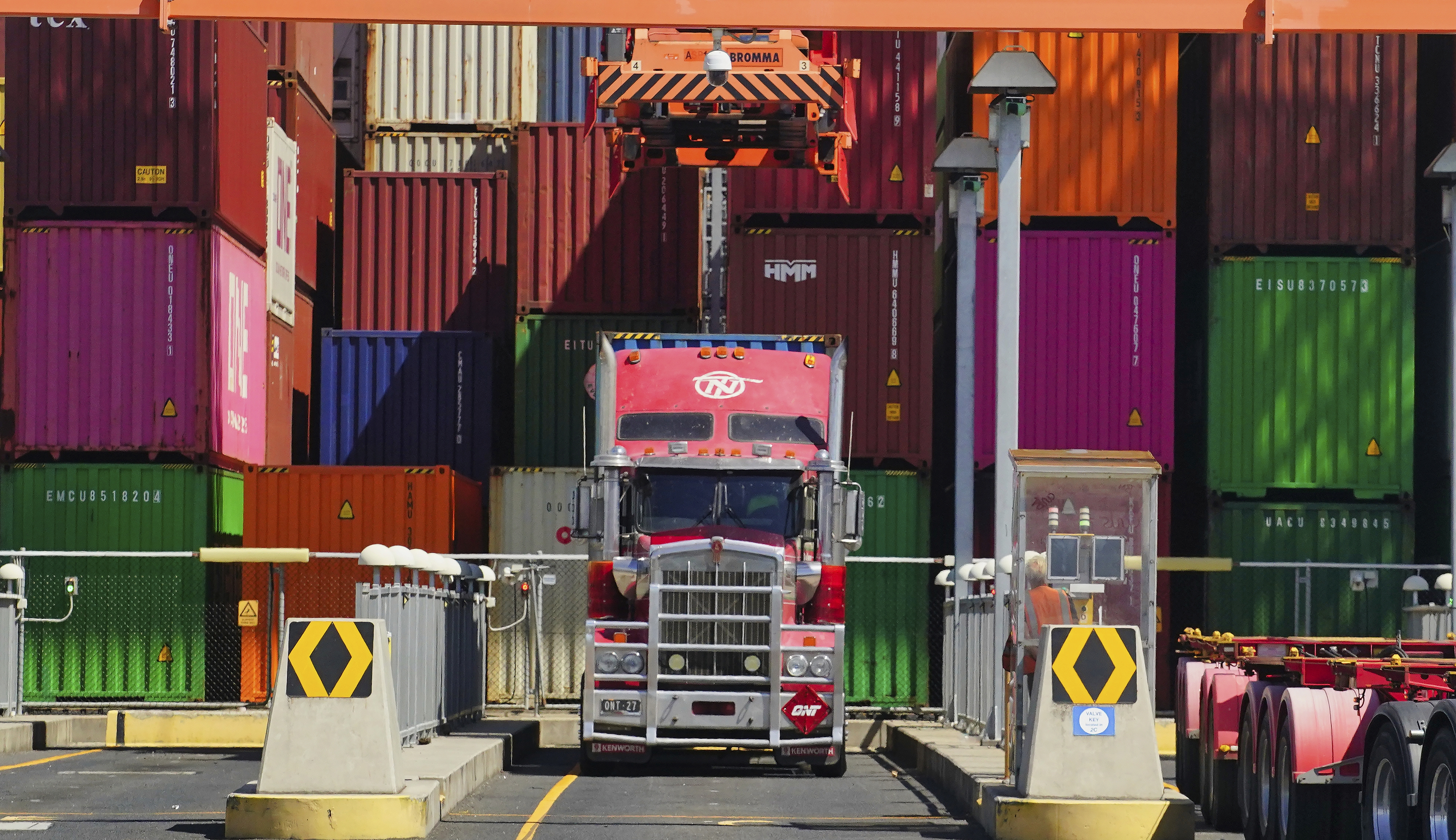 Warning entire industry critical for Australian economy on the brink of collapse
Warning entire industry critical for Australian economy on the brink of collapse




